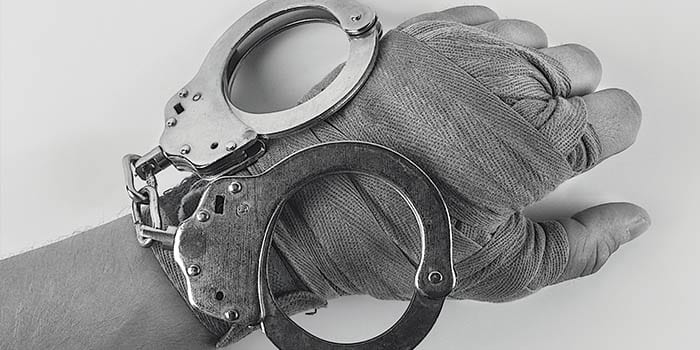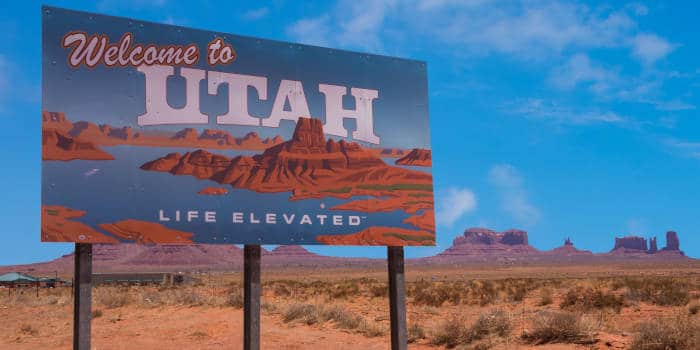Fact-checked by Velimir Velichkov
Coquille Tribe Casino Approval Sparks Legal Battle with Opponents
Several tribes that oppose the project filed a request for a Temporary Restraining Order with the US District Court

After waiting for more than a decade, the Coquille Indian Tribe in Oregon finally received federal approval for its proposed Medford casino project. While the Tribe recognized this as a major victory for its proposed project in Jackson County, opponents disagreed.
Medford Casino Project Opponents Turn To Court
Earlier this month, the US Department of Interior (DOI) greenlighted a Record of Decision (ROD), clearing a major legal obstacle in the Coquille Tribe’s casino project that required taking land into trust. This was necessary as the Tribe needed to take the land it purchased into trust in order to build its proposed casino.
However, other Native American Tribes disagreed with the DOI’s decision, arguing that the Coquille Tribe was allowed to claim lands outside of their ancestral territory. That is the view of the Cow Creek Band of Umpqua Tribe of Indians, the Tolowa Dee-ni’ Nation and the Karuk Tribe, which according to a KTVL10 report have turned to court with a request for a Temporary Restraining Order (TRO).
Seeking to block the Coquille Tribe from proceeding with the development of the casino, the tribes argued that DOI’s decision was in violation of the Indian Reorganization Act (IRA) and the Indian Gaming Regulatory Act (IGRA). The tribes also claimed that granting the Coquille Tribe approval for their proposed project in Medford raises concerns under the National Environmental Policy Act (NEPA) and violates the Coquille Restoration Act (CRA).
Opponents Argue the Coquille Tribe’s Casino Project Would Affect Their Sovereignty
Tolowa Dee-ni’ Nation’s chairperson, Jeri Lynn Thompson, explained: “The DOI issuance of the FEIS and ROD concerning the Coquille Medford gaming project, without adequately considering alternative sites and the overall non-economic impacts on the Tolowa Dee-ni’ Nation and other impacted Tribes, will significantly disrupt our cultural heritage and identity.”
The executive predicted that the DOI’s decision would impact the funding of the Tribe’s programs and services. Moreover, according to Thompson, the Coquille Tribe’s casino project may also affect the Tolowa Dee-ni’ Nation’s “eldercare, education, healthcare and housing programs.”
“By approving the Coquille Tribe’s application to build a casino in Medford, far outside that Tribe’s territory, the DOI is knowingly impeding the Karuk Tribe’s cultural sovereignty, frustrating its ability to provide governmental programs and impoverishing the Karuk Tribe in order to enrich a tribe that has one-third the number of tribal members and a casino twice as large as Karuk’s.“
Russell “Buster” Attebery, chairman of the Karuk Tribe
The Karuk Tribe’s chairman, Russell “Buster” Attebery, was equally as concerned with the new casino project in Medford. He argued that the chosen territory is outside the ancestral heritage of the Coquille Tribe, adding that DOI’s decision would affect the Karuk Tribe’s sovereignty. Attebery added that the agency’s decision is also in violation of NEPA, CRA, IGRA and other regulations. “We look forward to the federal court’s quick reversal of this miscarriage of justice,” the Karuk Tribe’s chairman said in conclusion.
It is yet to be seen whether the US District Court, where the legal claim was filed, would consider implementing a TRO that would, at least temporarily, halt the implementation of the ROD. It is likely that upcoming changes under the incoming Trump Administration may ultimately impact cases such as this one.
Jerome brings a wealth of journalistic experience within the iGaming sector. His interest in the industry began after graduating from college, where he regularly participated in local poker tournaments. This exposure led him to the growing popularity of online poker and casino rooms. Jerome now channels all the knowledge he's accrued to fuel his passion for journalism, providing our team with the latest scoops online.

















